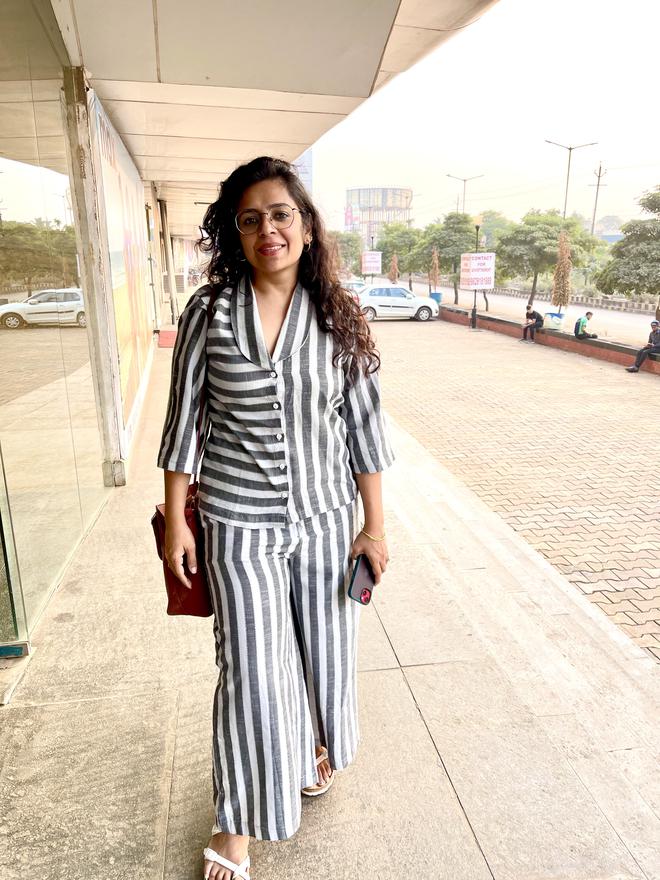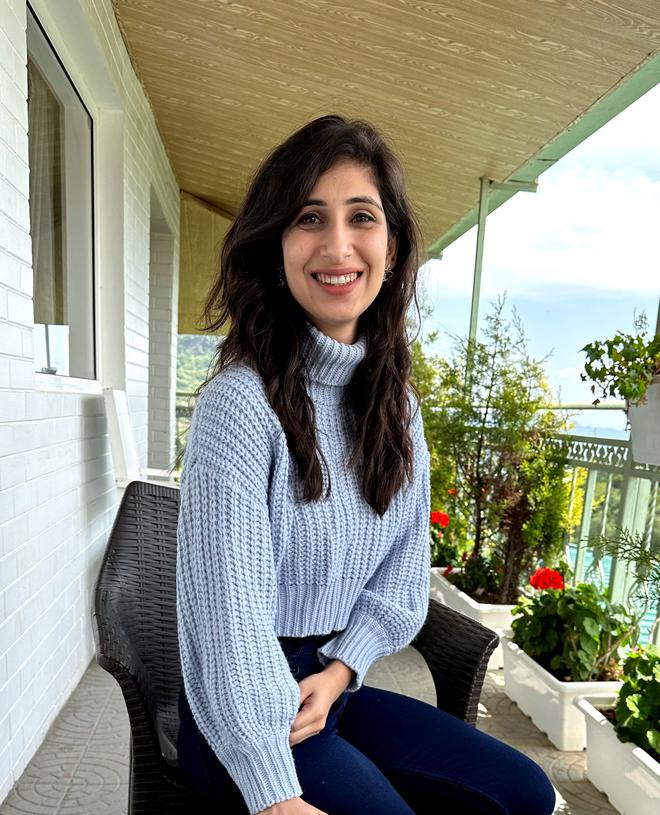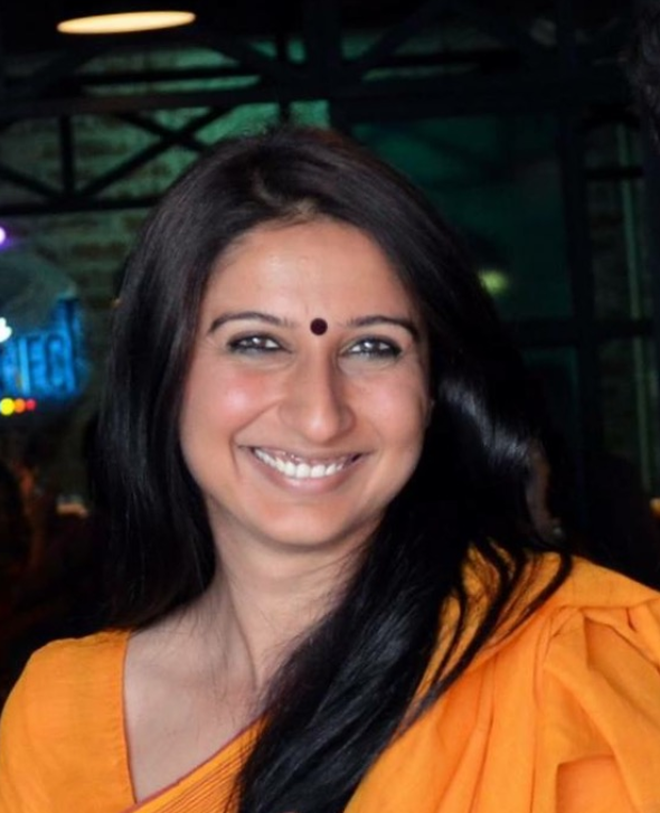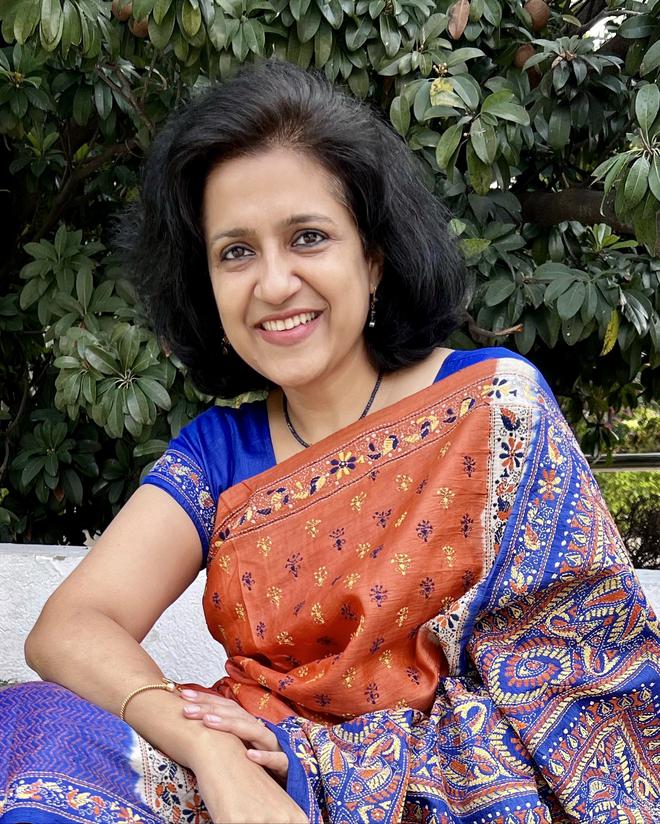A week ago, I was leading a walkthrough of the NGMA (National Gallery of Modern Art) in Delhi, on nation building and the Independence movement, when I realised that many of the artists I was referring to — Nandalal Bose, B.C. Sanyal, Pran Nath Mago, K.G. Subramanyan — were teachers. As were our most famous statesmen, including Swami Vivekananda, Rabindranath Tagore, Amartya Sen, and A.P.J. Abdul Kalam.
It contrasted sharply with a story that Keira, a 16-year-old who recently moved to a school in the U.S., had told me, about how the students became disrespectful of a Spanish teacher after they found out from his social media account that he was a former waiter. Closer home, I was reminded of a former assistant professor of English in Kolkata who alleged last year that university authorities forced her to quit her job on the charges of posting ‘inappropriate’ photos of herself on her private Instagram account.
The pictures — of her in sportswear — were posted a few months before she took up the position, and despite them being on her profile for just a day (on Stories), they were allegedly found by a student. The authorities alleged that she had ‘besmirched the reputation of the university’, and when she sent them a legal notice for firing her, they sought an apology from her and compensation of ₹99 crore for ‘causing irreparable damage’ to the university’s ‘good name, fame, and goodwill’.
It sounds farcical, but this is the murky reality of what happens when there’s a lack of social media guidelines for educators.
“I’m 55 years old, and social media wasn’t actually built for my generation. It was built for a much younger generation, but still, I’m on it, and I like it. I see it as a way of connecting with people, including my students. So when I comment on a student’s Instagram story, or their post, I think of it as writing a letter to that student. If I was a school teacher, it would be completely different. I would never accept friend requests from my students because, in that case, the students are minors. In college, everyone is an adult, so I don’t see anything wrong with interacting with them on other platforms.”Siddhartha DubeyProfessor of journalism, Northwestern University
Protecting their agency
Education in India is a massive industry. There are around 15 lakh schools and 1,050 colleges, with over 1.1 crore teachers. But the rules for this industry remain nebulous, with schools and universities prioritising themselves and their students. This often means that rather than being respected as educationists, teachers are denied their fundamental rights, such as right to freedom of speech and expression on social media.
Some rules make sense. “There are guidelines, for instance, under POCSO [Protection of Children from Sexual Offences Act] about not clicking a student’s picture without consent,” says Shubham Shukla, an educational consultant at a private academy in Bhilai, Chhattisgarh. But things aren’t always so black and white. “It’s a small town and often, after events, parents ask us to take a picture with their child and they post that. We don’t have guidelines on the usage of social media. So, we have written our own, such as no selfies with students, or how chatting on social media platforms with students must be done mindfully.”

A real problem for teachers today is the policing that occurs outside the classroom, where students and institutions expect behaviour from them that is impossible to maintain. In the U.S., many examples of this have made headlines, of late. Last year, teachers in Baton Rouge, Louisiana, protested a policy that tightly regulated what school employees could do on social media.
“The policy is so strict that it is almost made to be violated,” an elementary school teacher told the news site GovTech, sharing that it could lead to employees losing their job if even a picture of them having a drink at a restaurant surfaced online. “I don’t want my boys to ever be afraid that Momma’s gonna lose her job because they took a picture on Mother’s Day because we went somewhere,” the teacher said.
There are parents, both in the U.S. and India, who share these views. “If any social media policing is to be done, then the children must be policed and not the other way around. Parents need to be part of the conversation too,” says Radhika Mishra, a parent of two school-going children in Gurugram. “You won’t peep into someone’s house, click pictures and then make fun of them! Just because it’s on social media, it doesn’t mean it’s fair game. Social media is weaponised now.”
“I feel cyber laws need to be laid out, and schools need to know whom to approach and what to do. Also, it needs to be a separate body from the CBSE because this is different from people writing curricula. The body will need to be able to track IPs as there are now apps that allow anonymity.”Shubham ShuklaEducational consultant
Another worry is when students harass teachers online and the latter, not often social media savvy, is unable to respond appropriately. “The new CBSE cyberbullying workshops are a good starting point, but teachers also need targeted help,” says Mehr Lungani, a trained psychologist who also works as a school counsellor in Delhi. “In some schools, senior students help teach them steps to stay safe, and this collaboration is a great way to create accountability and share responsibility.”

Setting realistic boundaries
Roles in our society aren’t just professional constructs, they have cultural constructs associated with them. “When we think of a teacher, we have deep-rooted expectations. We think of them as gurus and there are a lot of ideologies that define this,” says Pallavi Pareek, a workplace and human behaviour expert. “So, let’s begin by asking if there are any legal guidelines that state how a teacher should behave online. There are none. Second, how do we define teachers? We can’t because teachers are now in all spheres and streams of life, from playschools to Ph.D institutions. So, shouldn’t we create specific guidelines? Because as a kindergarten teacher, students don’t have the intellect yet to judge you. But a teacher in a higher education institution, especially research, has an audience that is possibly the same age as them. Since there’s no legal framework for how teachers can use social media, institutions could create their own.”

One person who has successfully combined her job with her social media presence is Susan Thomas, director of NIFT Bengaluru, who has 94.4K followers on Instagram where she regularly posts teacher-centric celebratory and explanatory stories. “We in India have always kept knowledge locked up — either in terms of caste access or literacy access. Now there is social media, which is a democratic space where anyone interested in any topic can form a community, like, share, and engage in a creative space. There is a tremendous amount of agency here,” she says. “NIFT’s social media policy is on using the space creatively. There are no guidelines on whom to follow or not, yet we take care of our brand. I have tight boundaries on not posting much of my personal stuff. My single line of thought in posting is: do I add value to the reader?”

What is the way forward for teachers and social media? “It’s early days. We’ll need a lot of brave, patient individuals who will stir conversations, push back at institutions, and ask them what exactly was offensive in their behaviour till the institutions are forced to become more specific about the boundaries they expect from teachers, that don’t infringe on their freedoms,” says Pareek. “Because the sheer number of teachers in India can’t be controlled without a tipping point.”
The writer is the author of a fantasy series, and an expert on South Asian art and culture.







